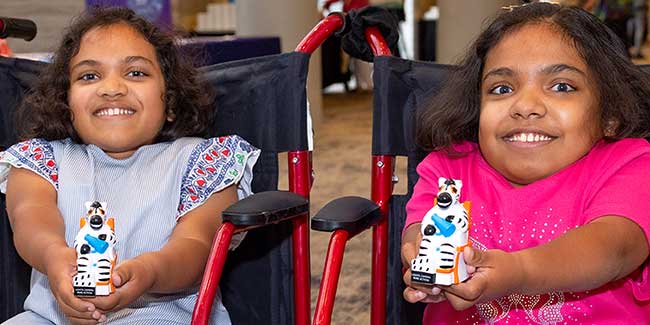The information provided on this page is for informational purposes only. The National Organization for Rare Disorders (NORD) does not endorse the information presented. The content has been gathered in partnership with the MONDO Disease Ontology. Please consult with a healthcare professional for medical advice and treatment.
PrintOncogenic osteomalacia is characterized by the development of a tumor that causes the bones to be weakened. This occurs when a tumor secretes a substance called fibroblast growth factor 23 (FGF23). FGF23 inhibits the ability of the kidneys to absorb phosphate. Phosphate is important for keeping bones strong and healthy. Therefore, this disease is characterized by a softening and weakening of the bones (osteomalacia). The disease also results in multiple biochemical abnormalities including high levels of phosphate in the urine (hyperphosphaturia) and low levels of phosphate in the blood (hypophosphatemia). The majority of tumors that cause oncogenic osteomalacia are small and slow-growing. These tumors most commonly occur in the skin, muscles, or bones of the extremities or in the paranasal sinuses around the head. Most of these tumors are benign, meaning they are not associated with cancer. The exact reason that the tumors associated with oncogenic osteomalacia develop is not known. The disease is diagnosed when a person experiences clinical features such as bone weakening and hyperphosphaturia and a tumor is found by imaging of the body. Treatment of the disease consists of surgical removal of the tumor. The symptoms of the disease, including the weakening of the bones, typically resolve once the tumor is removed.
The Genetic and Rare Diseases Information Center (GARD) has information and resources for patients, caregivers, and families that may be helpful before and after diagnosis of this condition. GARD is a program of the National Center for Advancing Translational Sciences (NCATS), part of the National Institutes of Health (NIH).
View reportOrphanet has a summary about this condition that may include information on the diagnosis, care, and treatment as well as other resources. Some of the information and resources are available in languages other than English. The summary may include medical terms, so we encourage you to share and discuss this information with your doctor. Orphanet is the French National Institute for Health and Medical Research and the Health Programme of the European Union.
View report
One in 10 Americans lives with rare disease, many of whom fight a daily battle to access the care and support they need. Your gift to the National Organization for Rare Disorders (NORD®) funds life-changing programs and helps us advance policies and research to ensure that everyone gets the care they need AND deserve.
